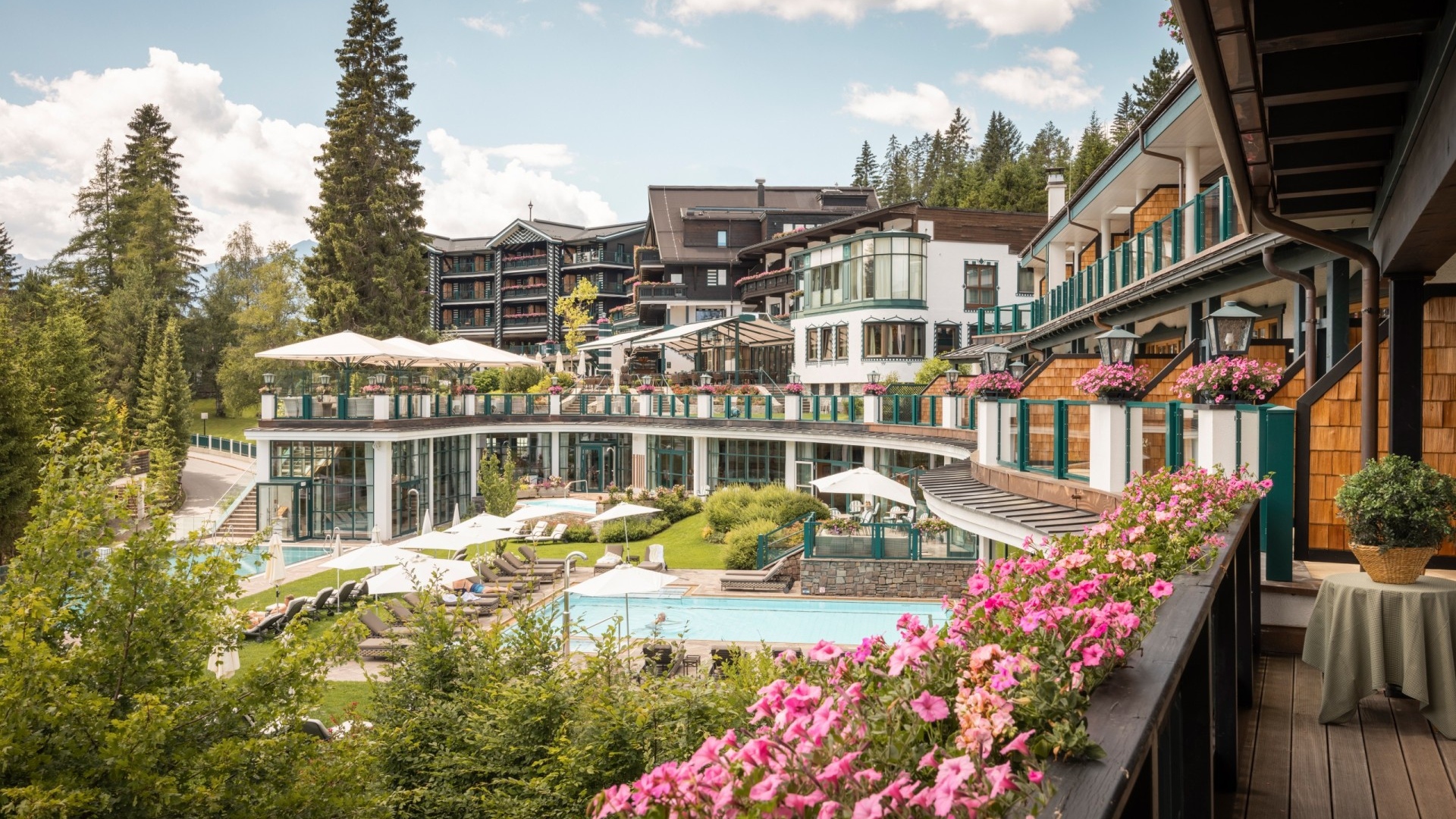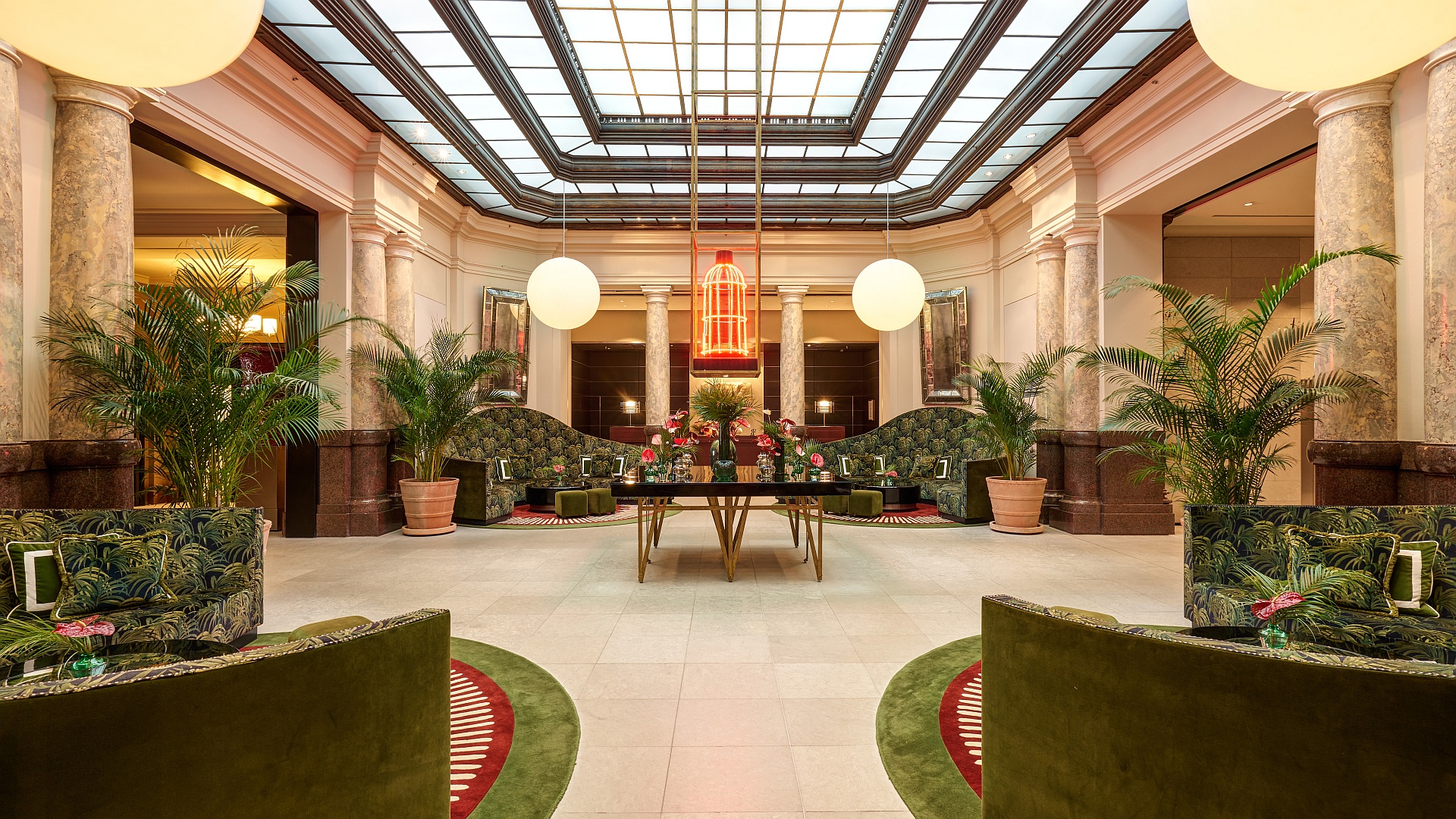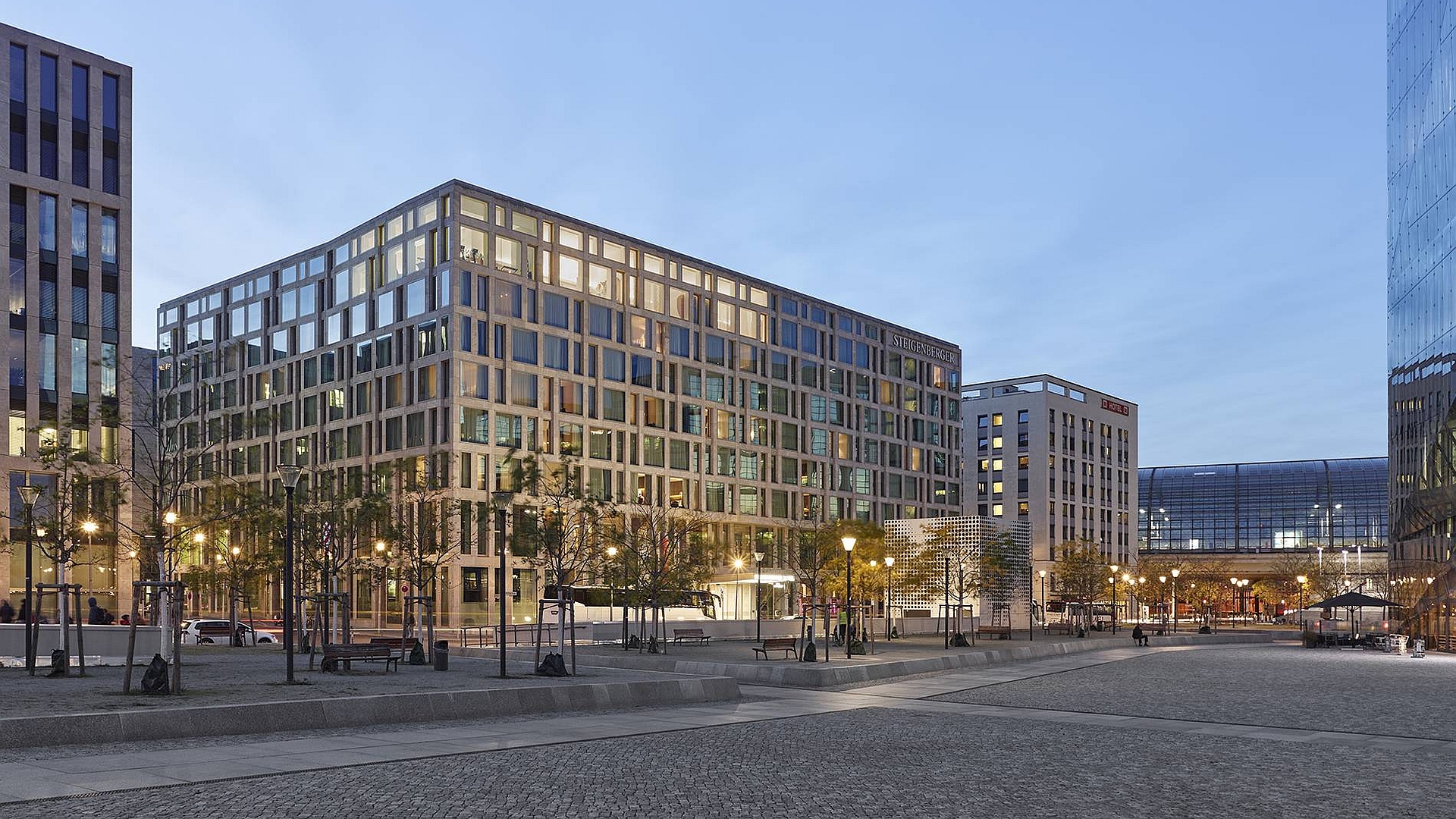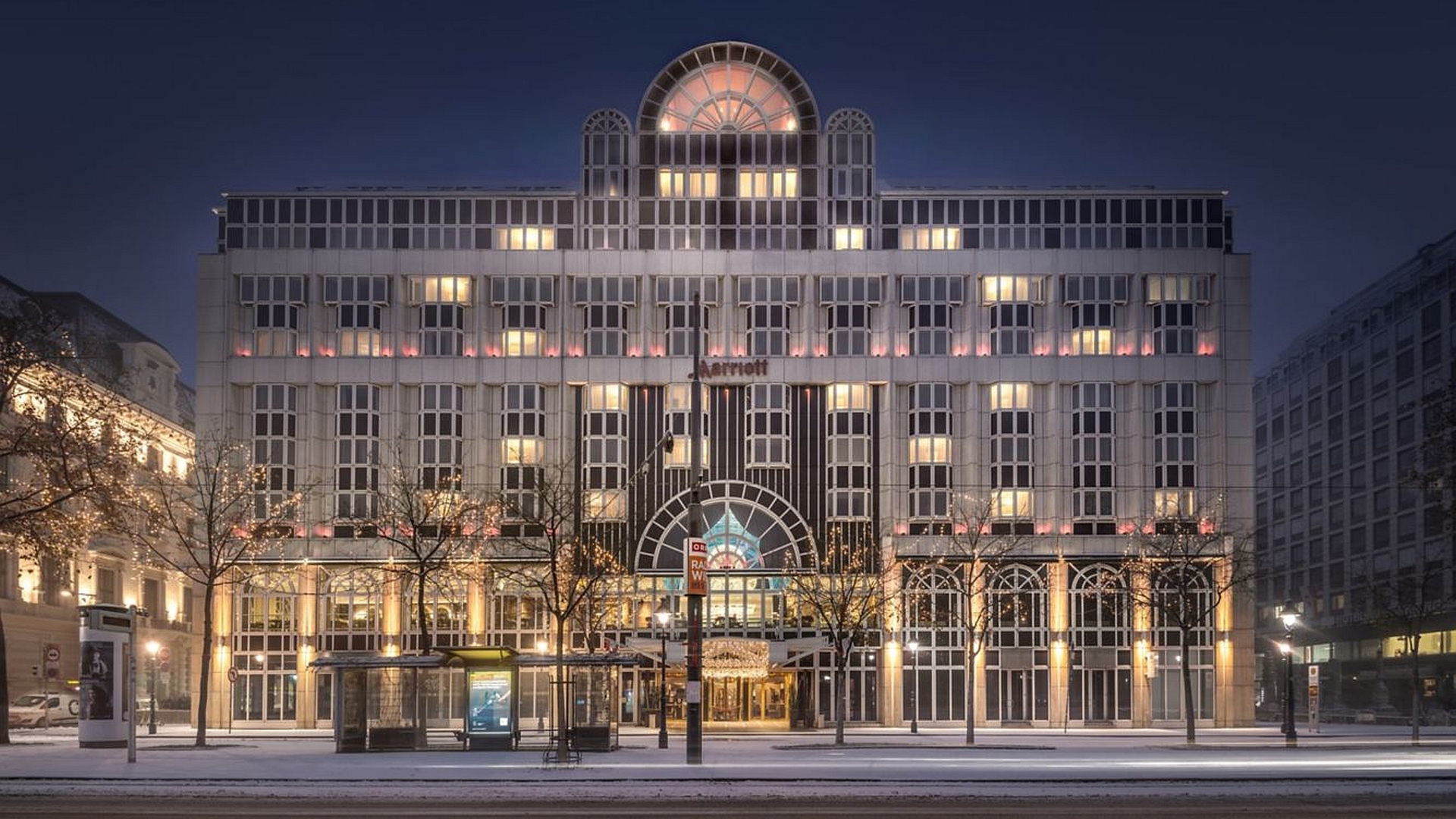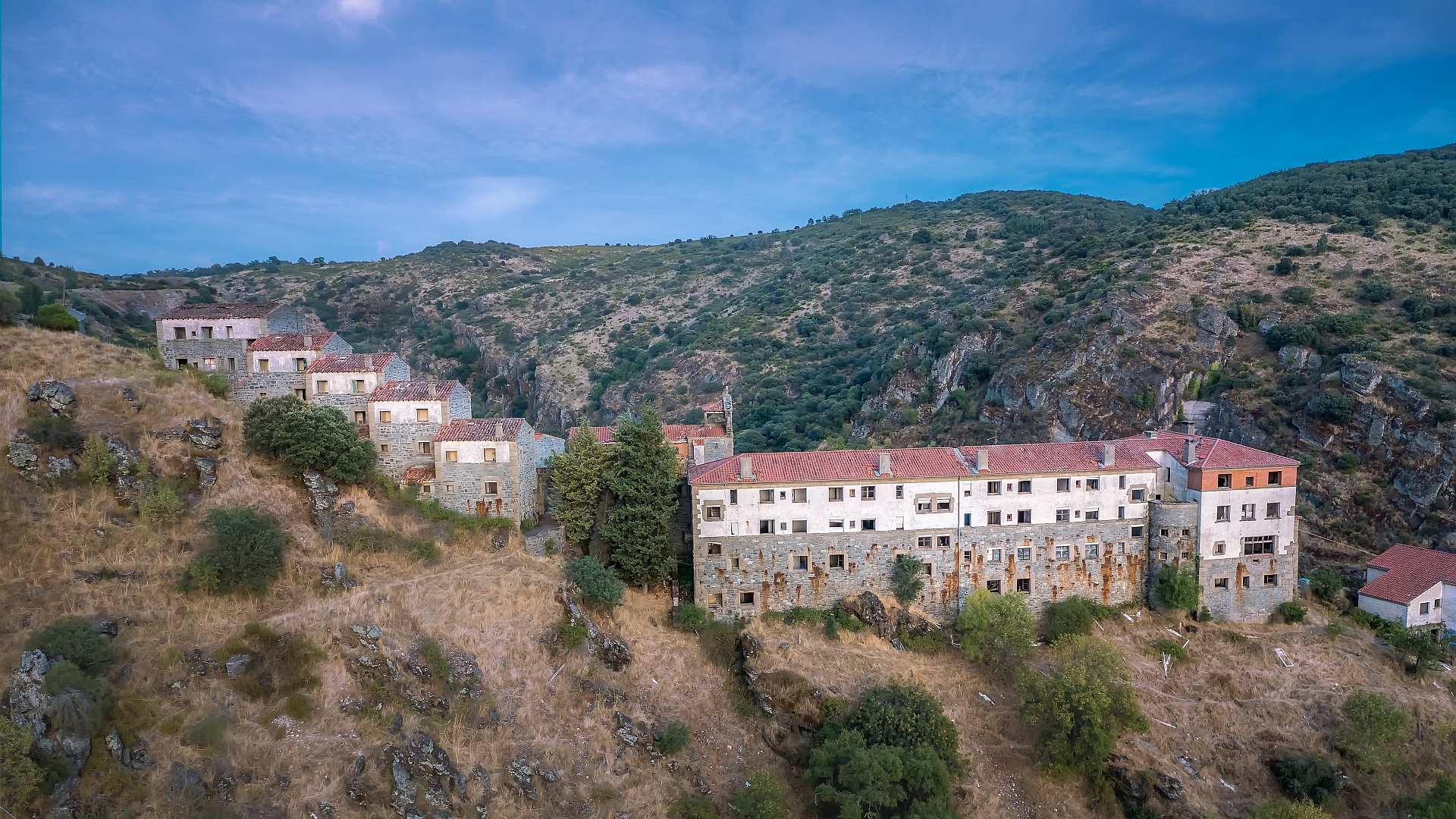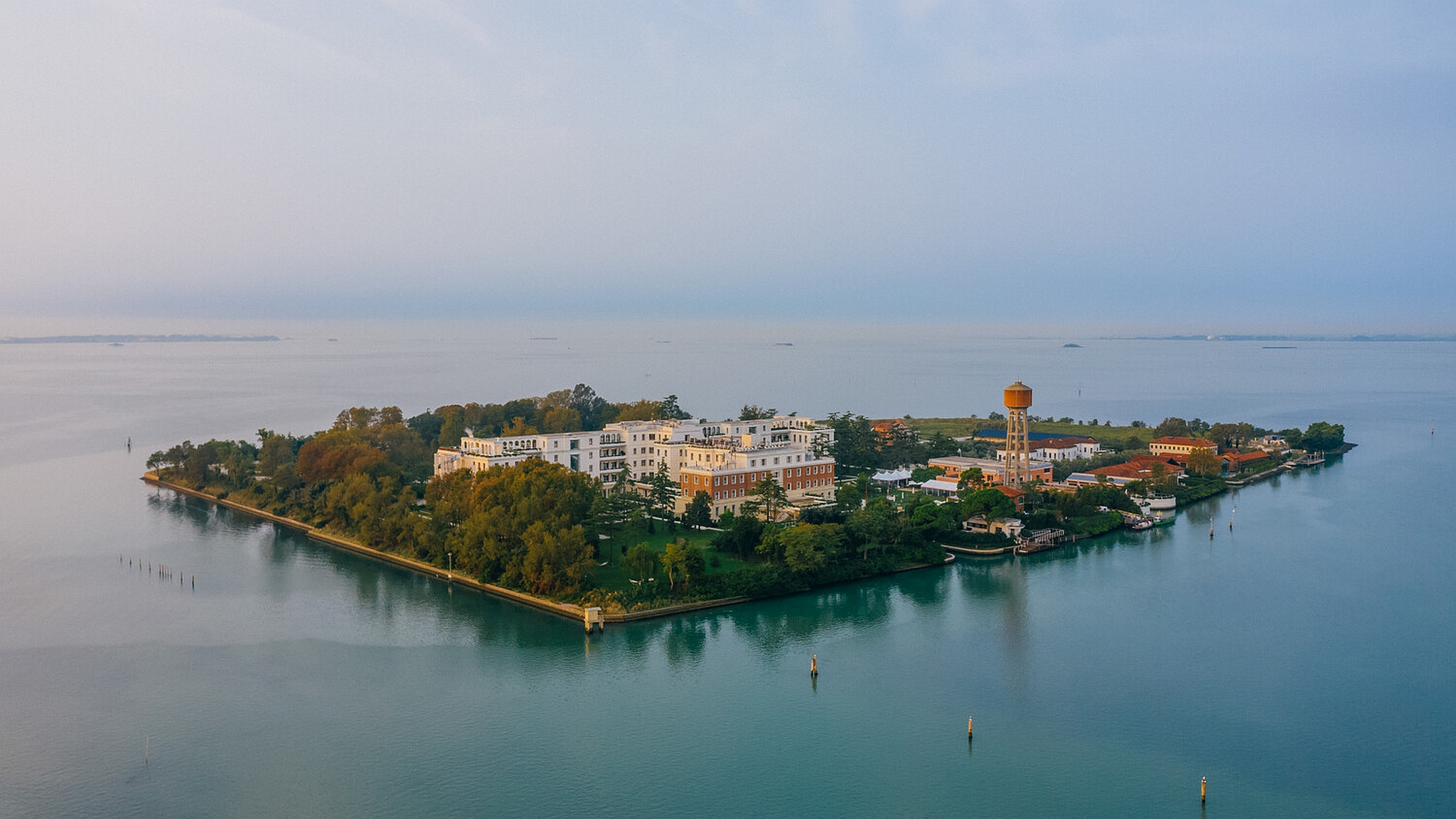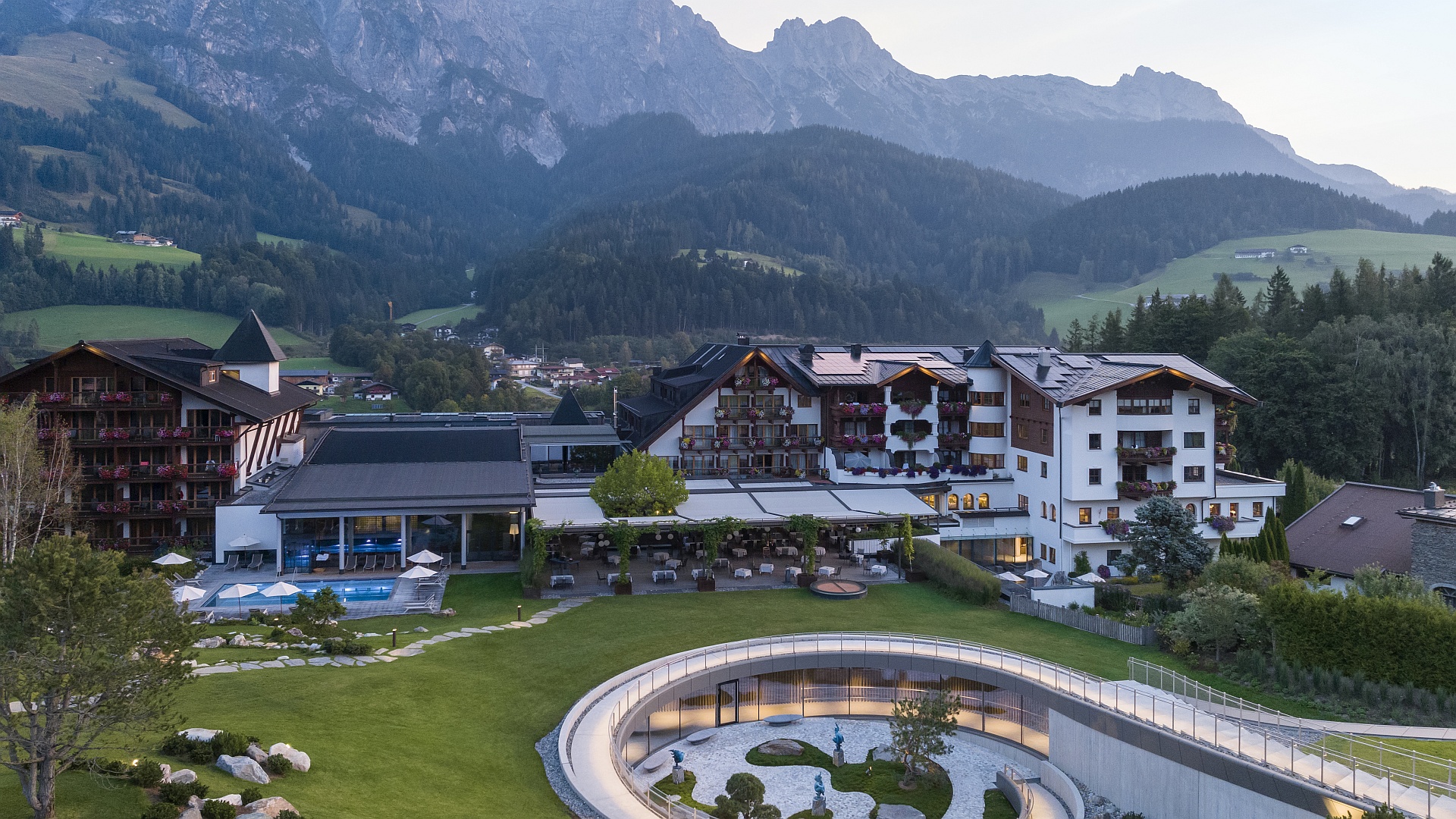
News & Stories
Investment appetite in Austria's tourism sector remains high. If real estate values grow faster than revenue and GOP, the asset becomes decoupled from the operating business. What if operating results do not grow at the same pace?
Four Seasons was founded in 1961 by Isadore Sharp with a single hotel in Toronto – and even 65 years later, there is no end in sight to its expansion. The group is currently targeting destinations where it can further develop the local luxury offering.
Foreign investors became increasingly active in the German hotel investment market again in 2025. Among other things, this market is attractive to them because of the high volume of travel in the country. The most active buyer groups were HNWIs and family offices. Asking prices are adjusting. Is a new cycle in sight?
The recovery of the hotel investment market in Austria continues. International investors remain primarily interested in landmarks in Vienna, but there could also be more movement in the leisure market soon.
Why would a luxury brand buy a ghost village in rural Spain? Could this be the start of a trend where ultra-luxury hotels become curated ecosystems that discerning guests can immerse themselves in during their stay?
Is investment behaviour in Italy today similar to that in Spain five years ago? International investors and asset managers see opportunities, for example, in family-run, financially weak hotels. If you want to close a deal quickly, you need a lot of local knowledge and patience – especially now, in the midst of a dynamic market.
Financing, capital and risk: These three pillars have so far made hotel projects bank-able. Now climate expertise is being added. Climate risks are increasing. As a result, value creation is changing - from short-term returns to lifecycle-oriented strategies. ROI, Return on Investment, is now RoI, Return on Impact.
Despite rising costs and narrow margins, the Alpine hotel real estate market in Austria remains stable. Nevertheless, new financing and operating models are needed.
Transaction momentum in the German hotel investment market increased in the first three quarters. Hotel market indicators are stabilising. Investors should once again have good entry opportunities.
What strategy will make hotels profitable even in times of crisis? What returns do investors expect, what rules do they use to pick out locations and properties? Answer: "The" strategy no longer exists.
